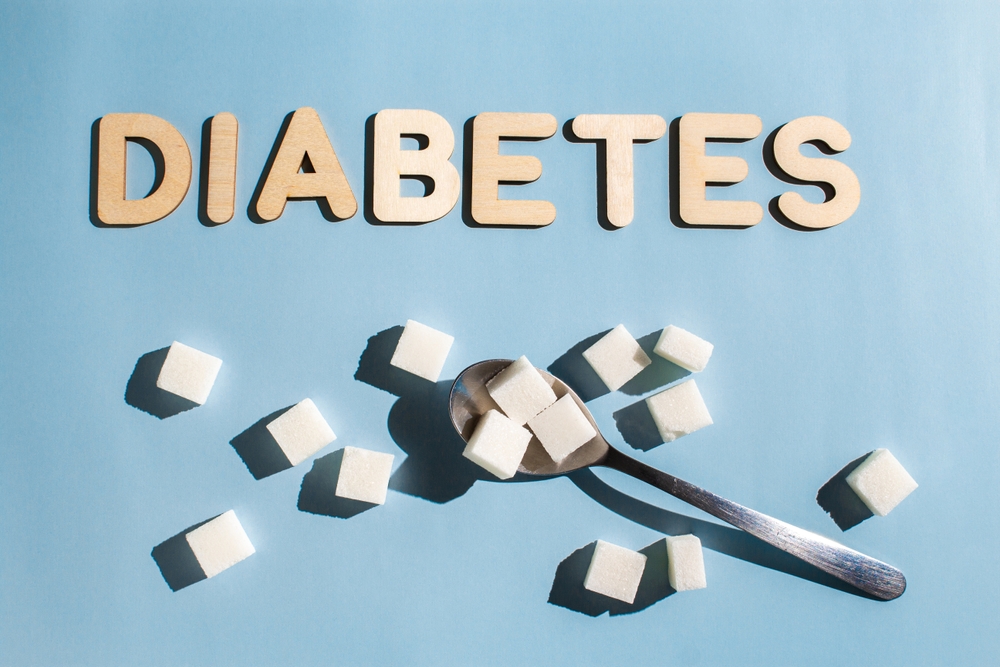Sundowning, also known as late-day confusion, is more prevalent in seniors and can cause restlessness, irritability, and agitation. Sundowning can continue into the evening and night, making it harder for seniors to fall asleep. Although researchers don’t know the exact cause of sundowning, it is believed to be due to a disruption in circadian rhythms, which signal when to wake up and fall asleep.
Sundowning can be triggered by dim lighting, increased shadows, and the presence of infections.
Below is a list of tips that can help you or your loved one reduce sundowning.
1. Stick to a schedule. Set regular times for waking up, going to sleep, and having meals. New and unfamiliar places and routines can lead to stress, anger, and confusion in seniors.
2. Stay active. Having difficulty sleeping is a common symptom of sundowning. To promote good sleep, try going for a walk.
3. Limit naps. If you or your loved one is tired, ensure that the naps are short and not too late in the day. Otherwise, falling asleep at night will be much more difficult.
4. Avoid alcohol. It is a stimulant that can cause confusion and anxiety while also interfering with sleep cycles.
5. Reduce noise and stimulating activities in the evening. This includes watching TV, having friends and/or family over, and listening to music.
6. Turn on lights to minimize shadows. Studies have shown that light therapy can reduce confusion and agitation.
7. Seek support. If you or your loved one needs support, consider getting a caregiver that can help meet you or your loved one’s needs.
Caregivers can be booked through the Boom Health app for you or your loved one to provide companionship and assist with activities of daily living. Check out the app on the App Store or Google Play Store.
This article is not intended to be a substitute for professional medical advice or diagnosis. Always seek the advice of your physician or other qualified health provider with any questions you may have regarding a medical condition.





